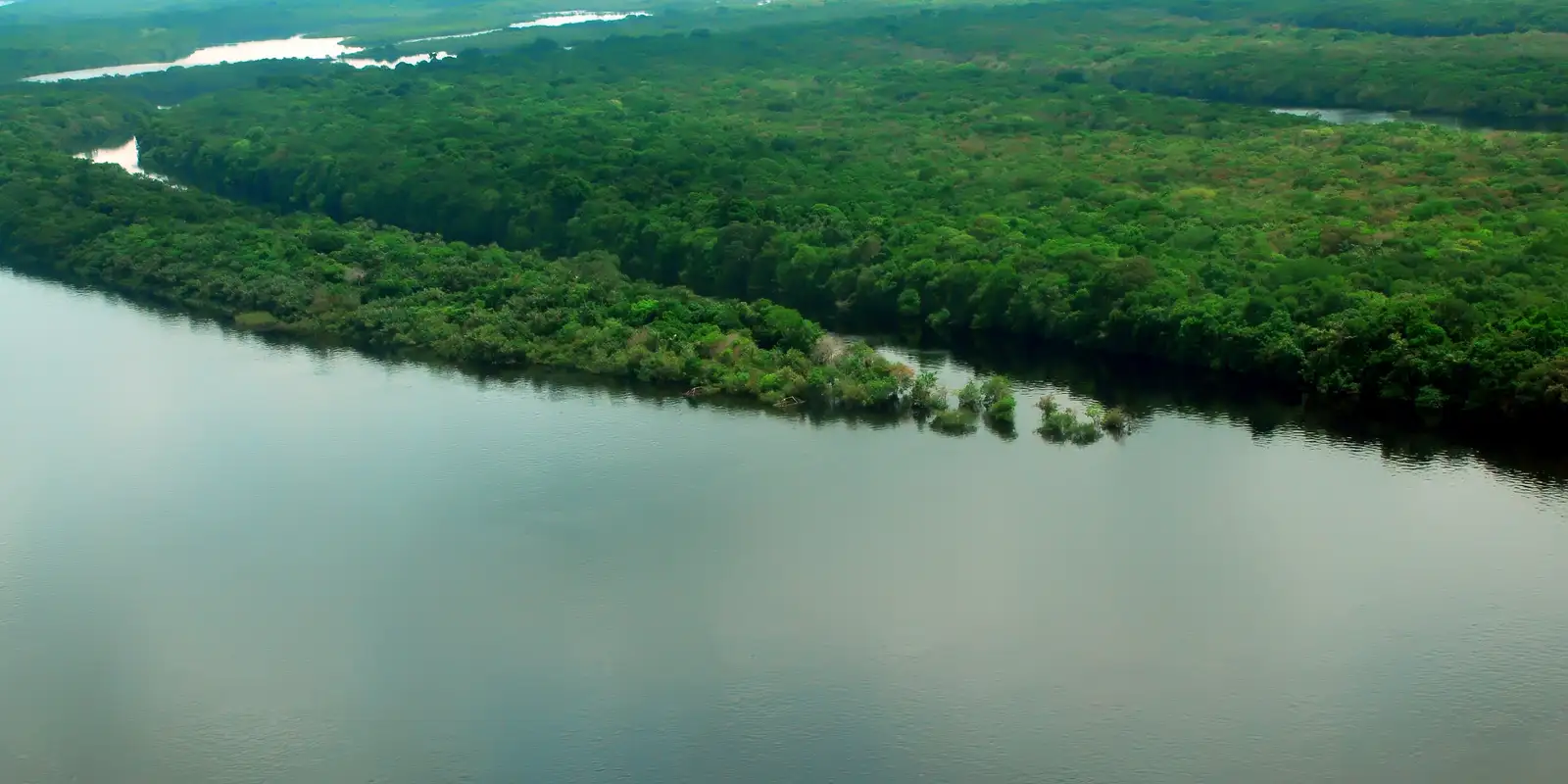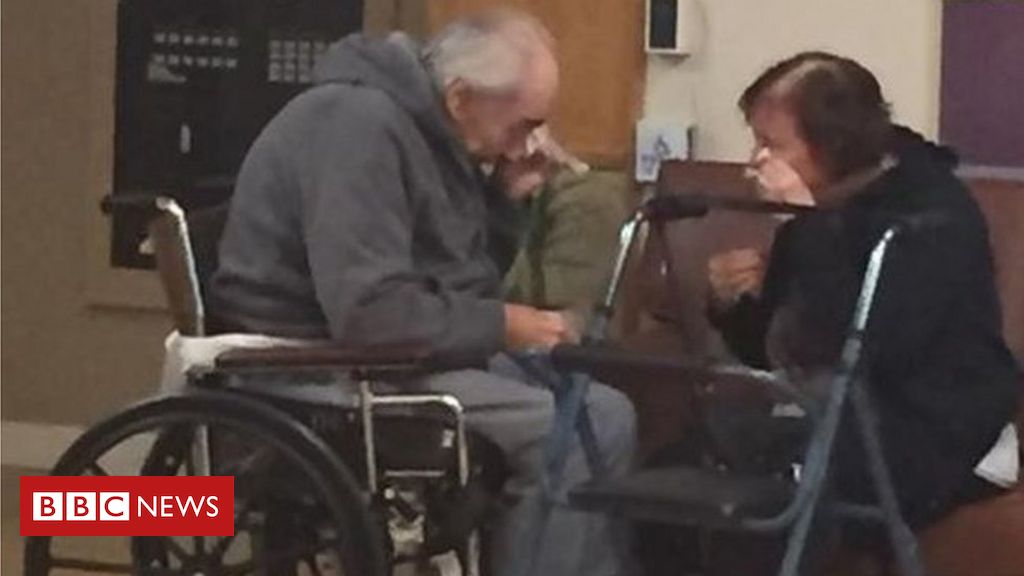Due to the high rates of maternal and infant mortality among indigenous peoples in the Middle Solimões and Tributaries region, in Amazonas, the Federal State University has trained professionals to serve indigenous mothers. The objective is to get teams to use the remote monitoring platform for pregnant women at risk.
30 professionals were trained throughout this week in the municipality of Tefé, located 523 kilometers from Manaus.
“We are losing women. We are losing because of a very simple thing, which is the question of prenatal care, which is a question of prevention”, reports the indigenous Tikuna Ercília Vieira, who coordinates the Health District of Indigenous Health (DSEI) of the region , made up of 14 municipalities in the region. region west of the Amazonas.
Maternal death is the death of a woman during or up to 42 days after the end of pregnancy. In the vast majority of cases, death is preventable through simple monitoring of the pregnant woman.
The patients
The platform that professionals learn to use gathers information on prenatal care and allows DSEI nurses and nursing technicians to enter, in the digital environment, data from patients who correspond to this high-risk pregnancy profile. In addition, the platform connects healthcare teams to doctors living in town.
“Digital information and communication technologies are part of the main focus of the project. A region like ours, like the Amazon, an immense territorial extension and with almost insurmountable geographical access barriers, is the best way for you to reach these more distant communities”, underlines Pedro Elias, who coordinated training carried out by the University Hospital Getúlio Vargas (HUGV).
Nurse João Paulo Barreto points out that the healthcare team often has to provide care without the help of doctors, encountering pregnant women at high risk. He works in a health center located seven hours from the nearest municipality and serves approximately 1,400 indigenous people.
For Barreto, the project is fundamental because it allows access to doctors. “With this program, we can have a back with a specialist to know how to manage these patients,” he emphasizes. The nurse adds that the difficulty lies in access to the Internet, which is limited to a few hours in the evening at the local school.
“Teachers provide the password for the Wireless so we can use it. We therefore only have this period of the night to have contact with the world outside the village,” concludes João Paulo.
*With information from the Brazilian Company of Hospital Services (Ebserh).

“Typical thinker. Unapologetic alcoholaholic. Internet fanatic. Pop culture advocate. Tv junkie.”



:strip_icc()/i.s3.glbimg.com/v1/AUTH_da025474c0c44edd99332dddb09cabe8/internal_photos/bs/2023/D/n/i7eIkcQsAB0YgsWKDQMw/whatsapp-image-2023-03-08-at-10.48.49.jpeg)




:strip_icc()/i.s3.glbimg.com/v1/AUTH_63b422c2caee4269b8b34177e8876b93/internal_photos/bs/2021/T/V/IFkavRRSSjHCBPZfqVXw/ap21313490536644.jpg)